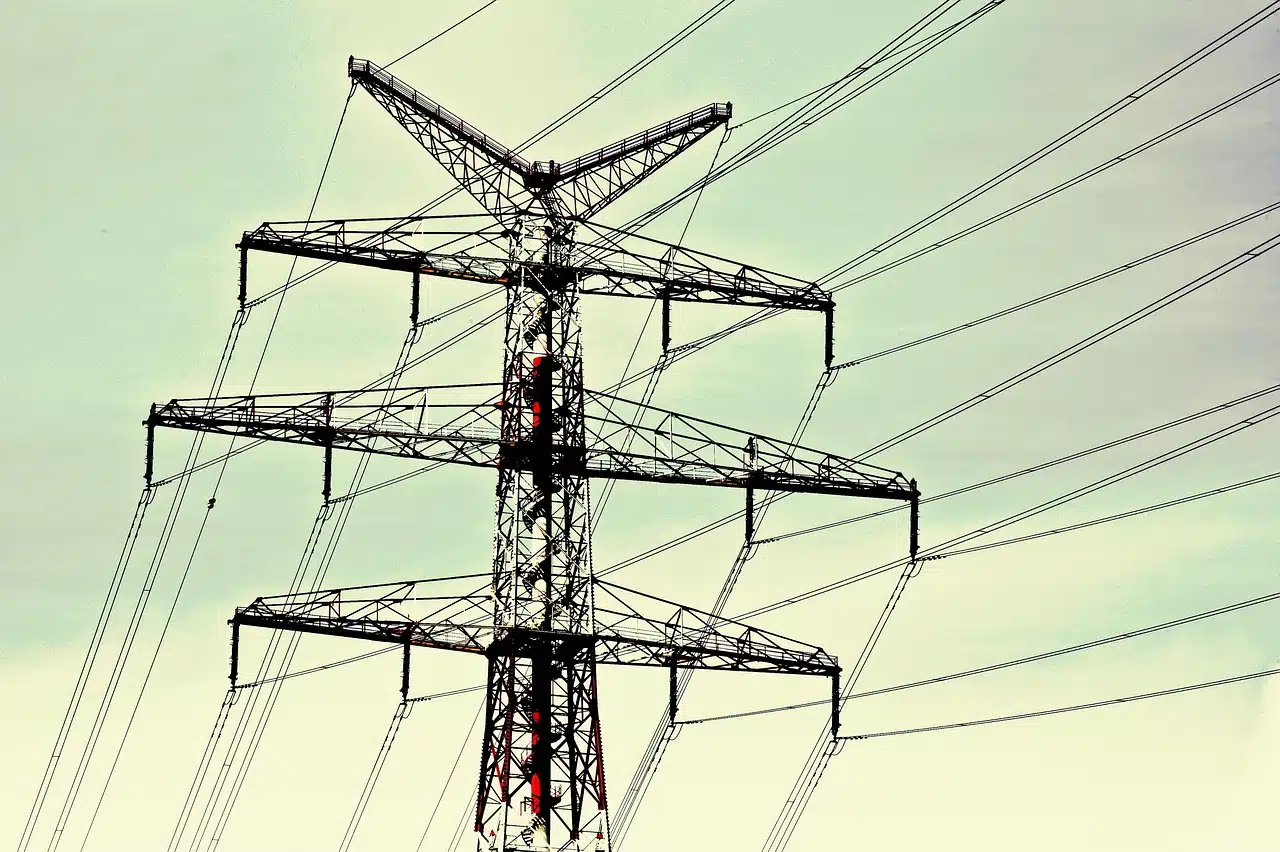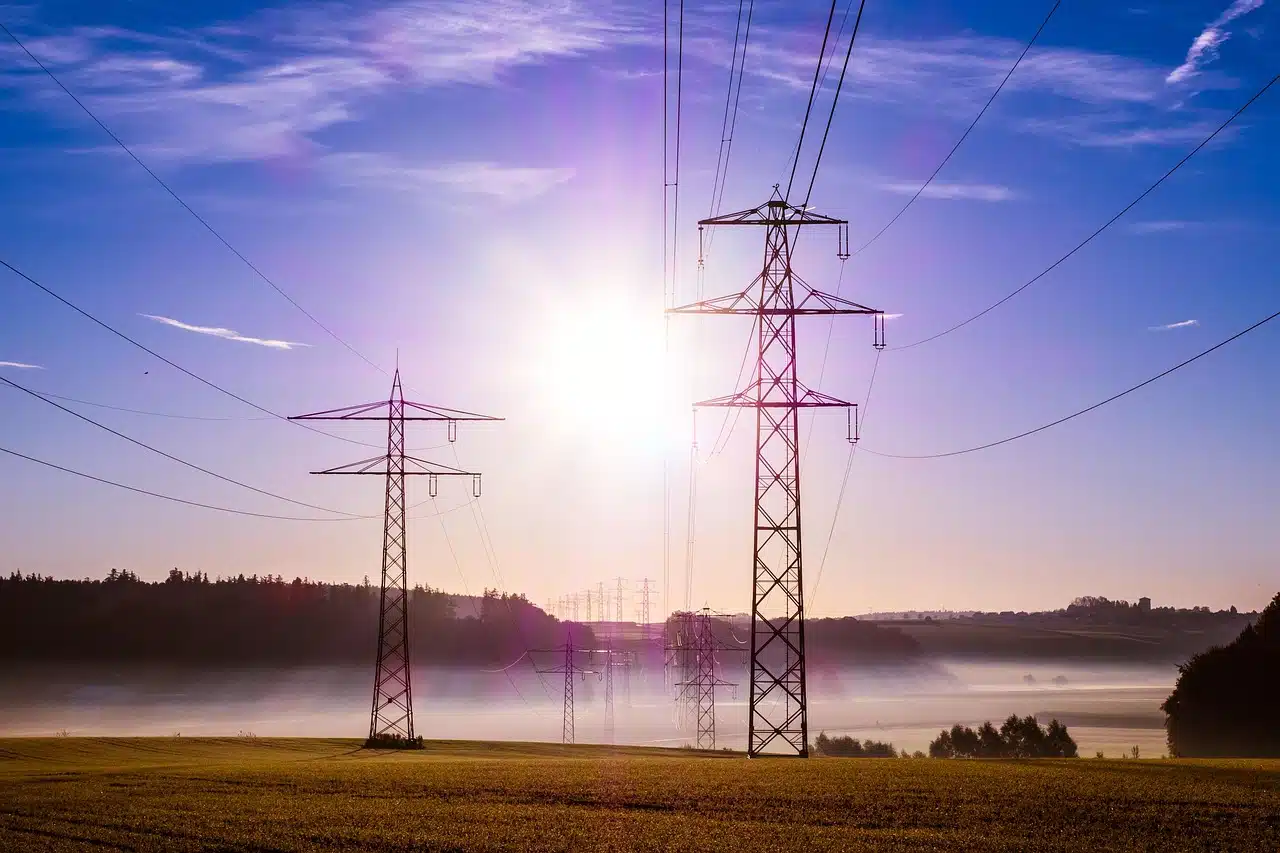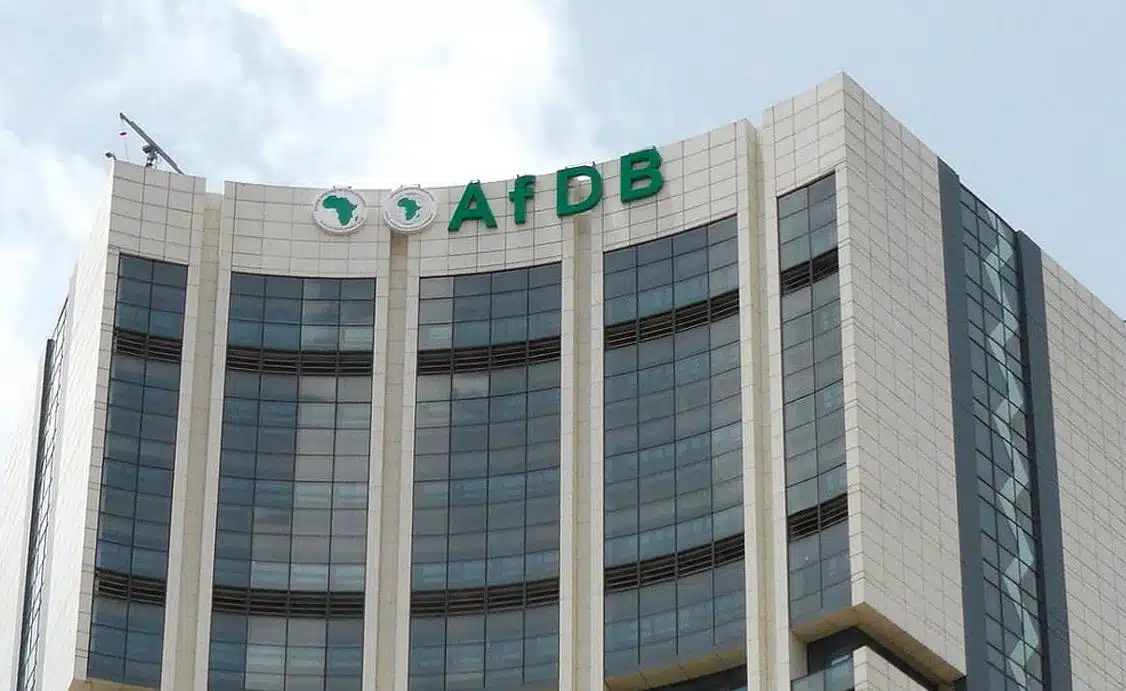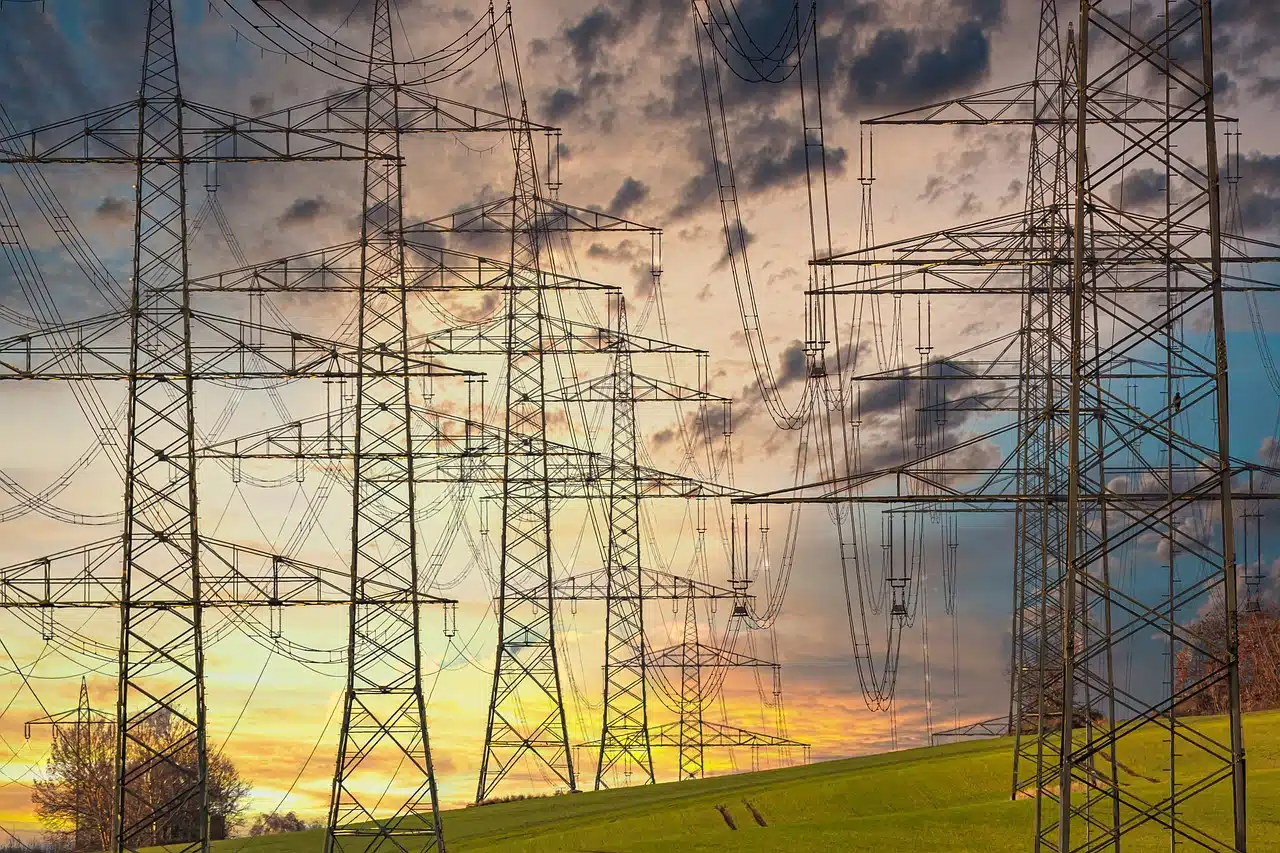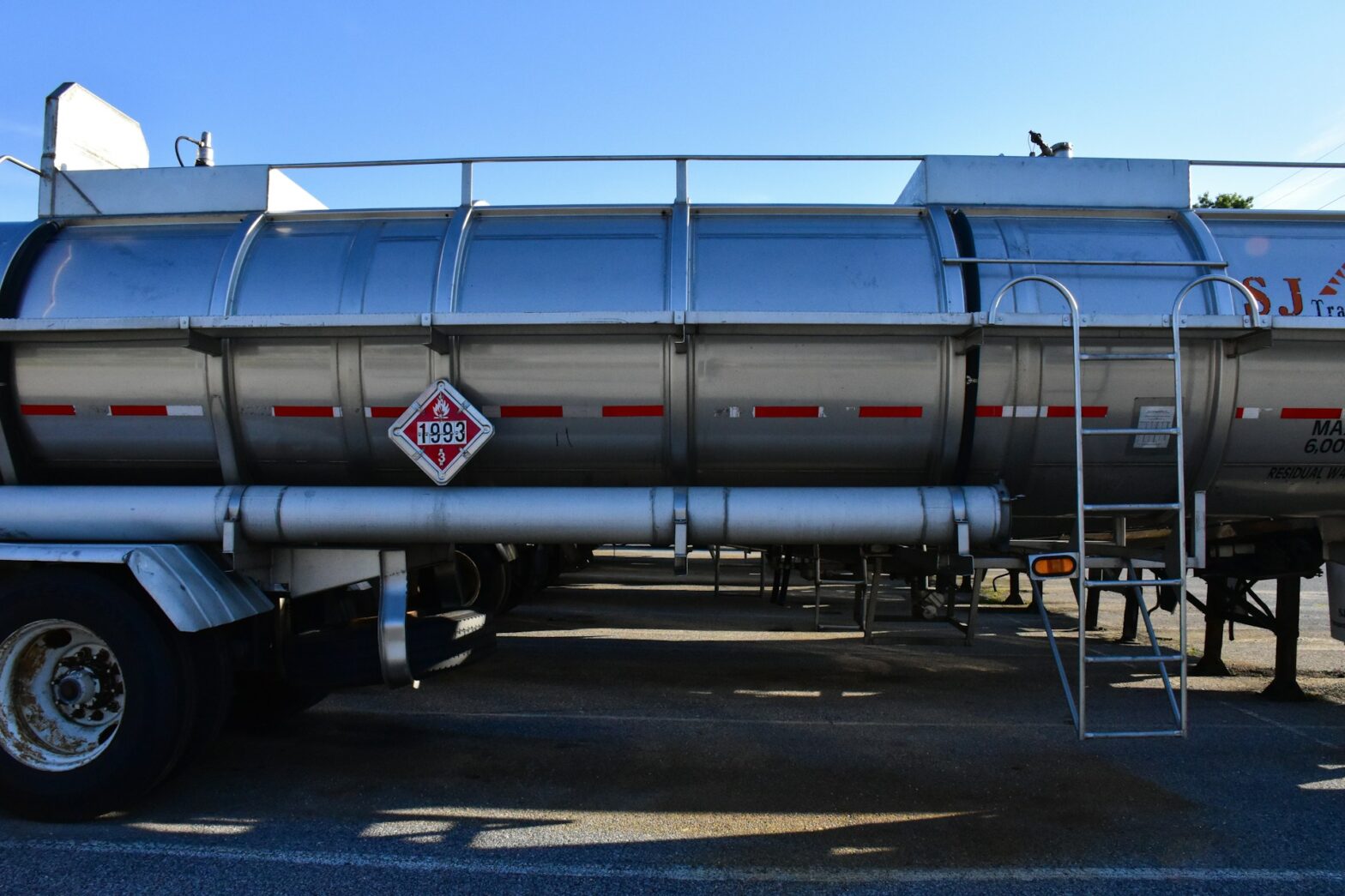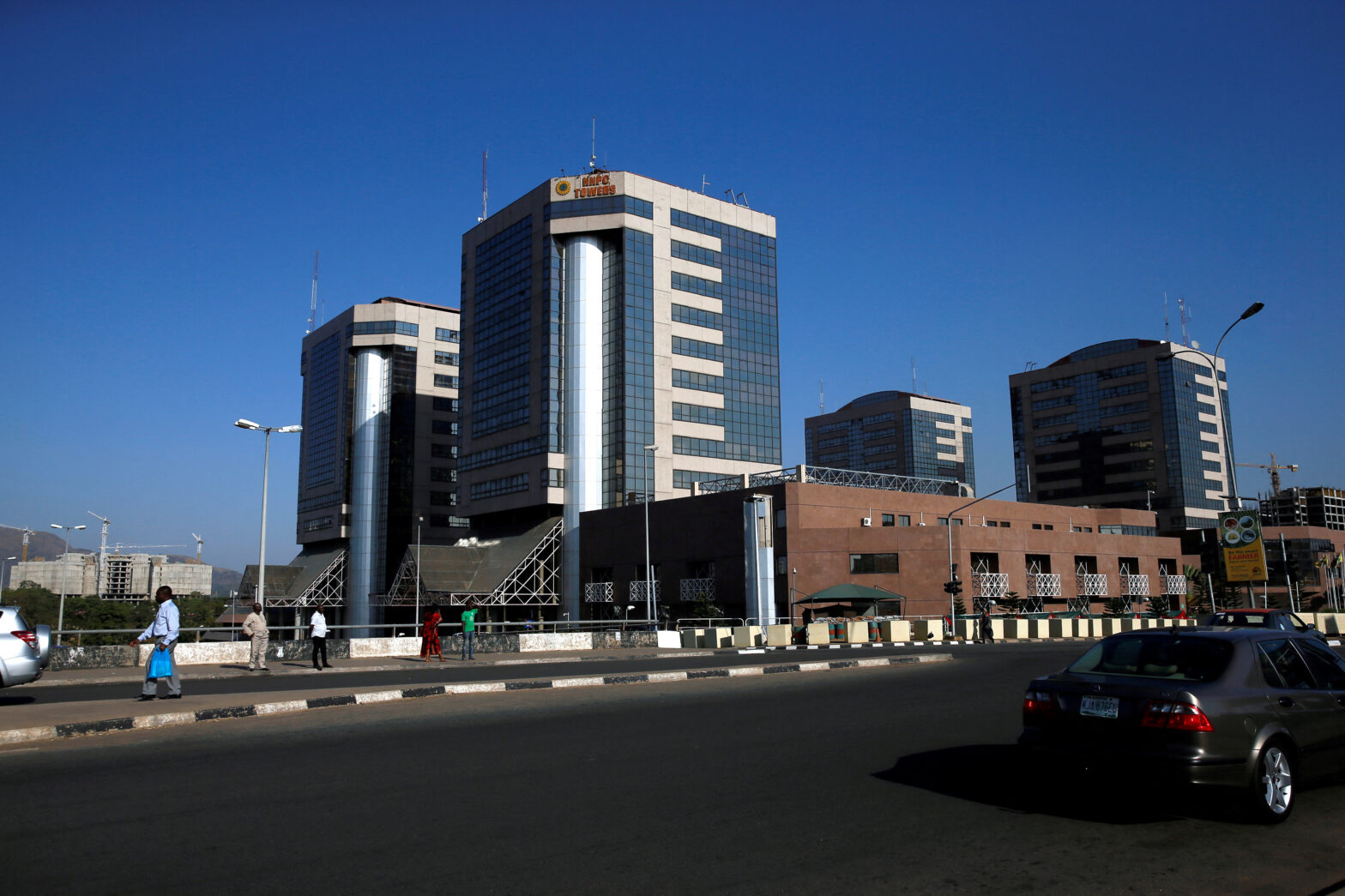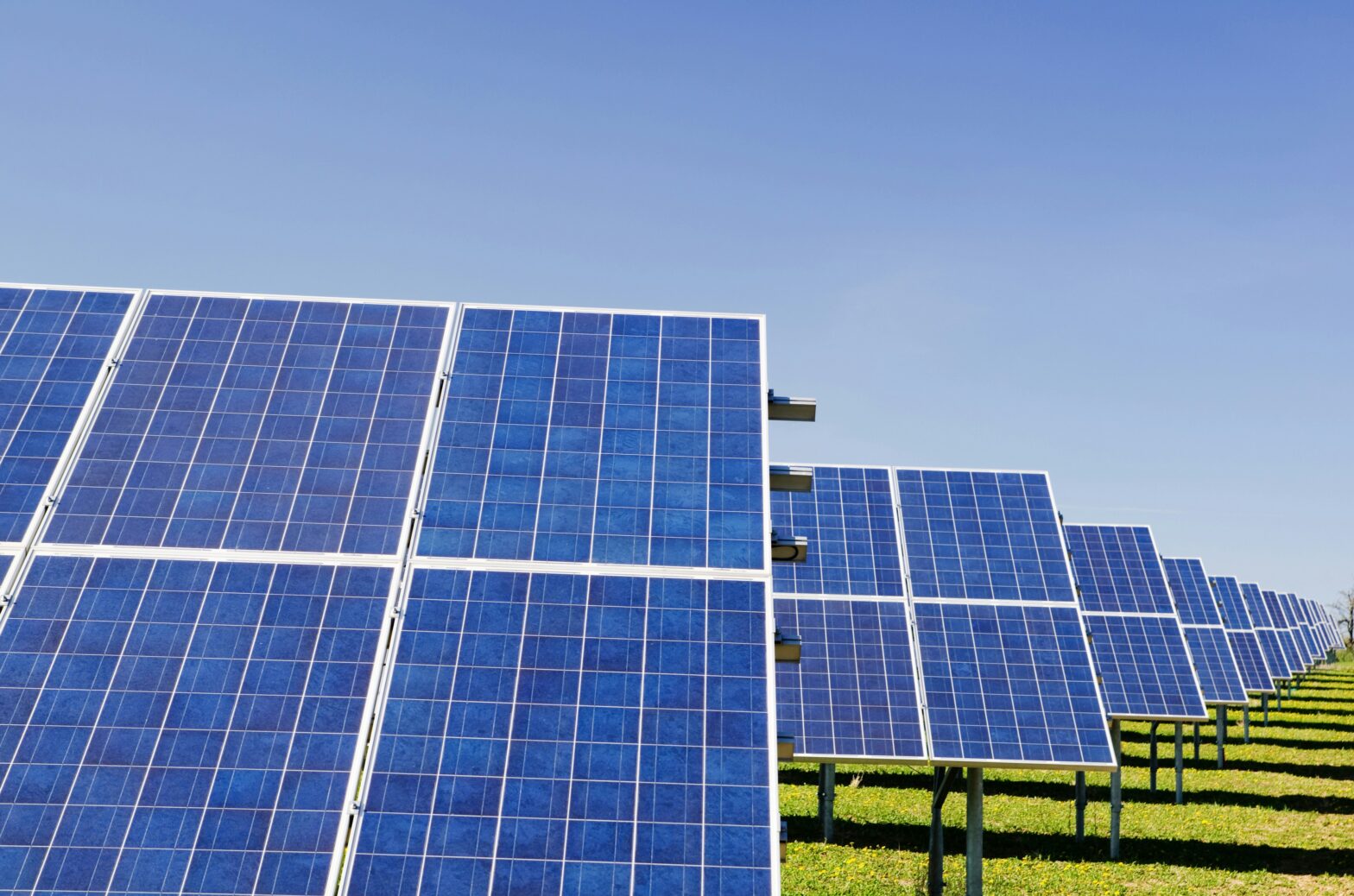The government of Malawi and the World Bank have signed the Accelerating Sustainable and Clean Energy Access Transformation (ASCENT) deal, aimed at providing energy access to over 4 million people.
ASCENT, a national energy project of Malawi, was unveiled on Monday, January 27, 2025, by the country’s Energy Ministry on the sidelines of the Mission 300 Africa Energy Summit, held between January 27 and 28, 2025, in Dar es Salaam, Tanzania.
The President of the Republic of Malawi, Lazarus McCarthy Chakwera, and the World Bank Managing Director, Ana Bjerde, witnessed the signing of the financing agreement for the energy project.
The Malawian Energy Ministry stated that the government, through the Compact, has adjusted the universal 2030 access target to a more achievable 70% by 2030, in line with “Malawi Vision 2063.”
Zhengjia Meng, an official of the World Bank in charge of Infrastructure Investment in Frontier Markets, said:
“The World Bank has already committed $250.8 million to funding the project, including a $5 million contribution from the ESMAP – Energy Sector Management Assistance Program, to drive the necessary investments and achieve the Compact’s targets.”
The sanctioned energy project, when executed, is expected to provide electricity for millions of people and thousands of public facilities in Malawi, an Eastern African nation of about 21 million people.
Yadviga Semikolenova, the Eastern and Southern Africa Manager (Energy) at the World Bank Group, stated:
“ASCENT Malawi will bring electricity to over 4 million people, electrify 1,280 schools and health facilities, and provide modern clean cooking solutions to 650,000 Malawians. It is also expected to enable at least US$34 million in private-sector financing for the off-grid access solutions.”
Semikolenova added, “The initiative will unlock at least US$34 million in private-sector financing to provide off-grid access solutions to the people.”
The signing of ASCENT is a testament that the Malawi Energy Compact is not just another document that gathers dust. It sets a realistic and impactful goal for Malawi’s energy future, which may explain why it garnered the attention of an international funder like the World Bank at the Mission 300 Energy Summit in Tanzania.
In 2024, Mission 300 Africa Energy Summit was launched by the African Development Bank (AfDB) and the World Bank Group, seeking to bring African leaders together to accelerate energy access for 300 million people in Africa by 2030.
At the Summit, the World Bank also announced plans to invest between $30 billion and $40 billion in electricity projects across Africa, as part of its commitment to tackling energy poverty on the continent.
In a recent post, we told you that the Africa Export Import (Afrexim) bank was also executing some projects in Malawi to boost the country’s power output.



